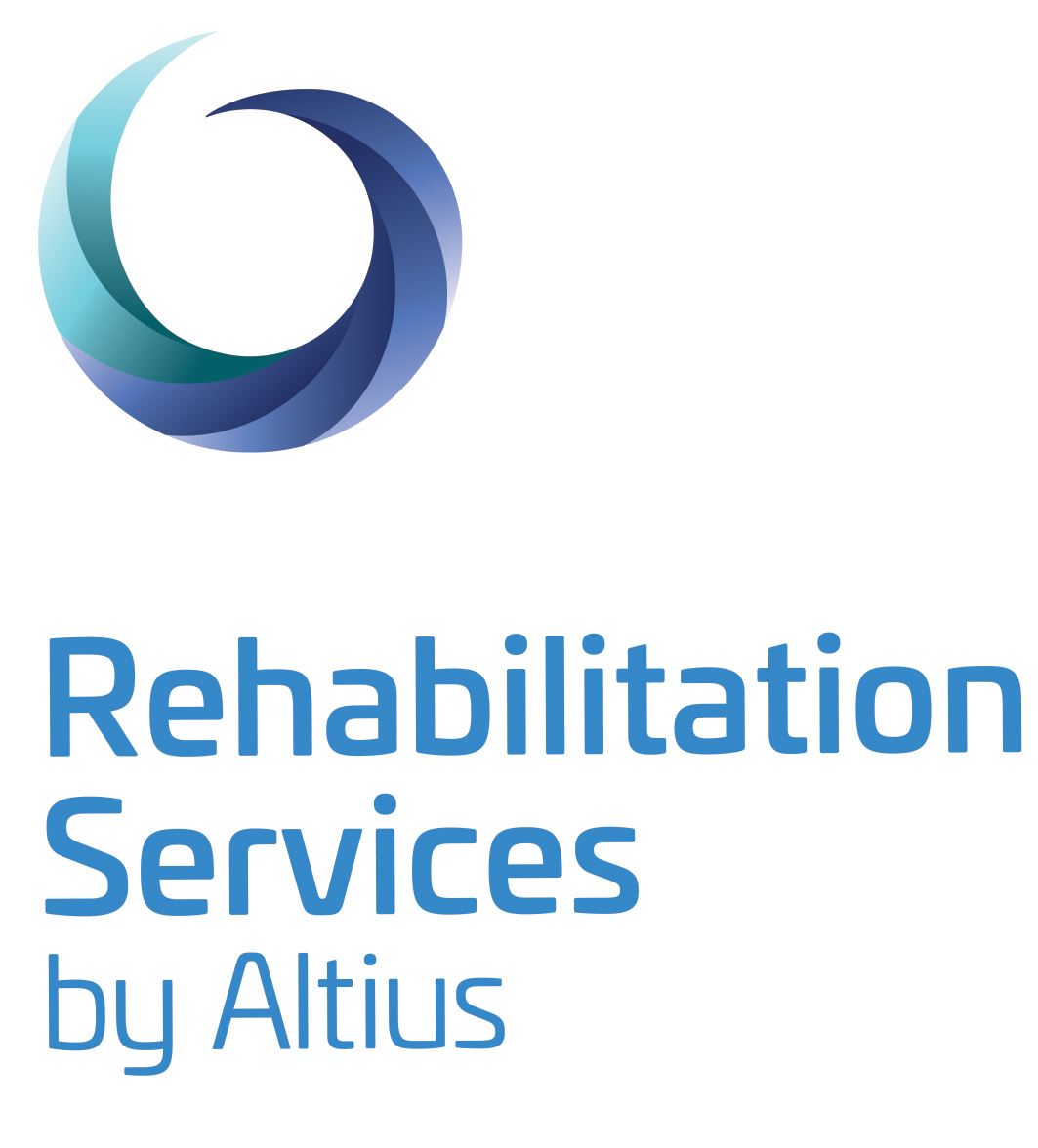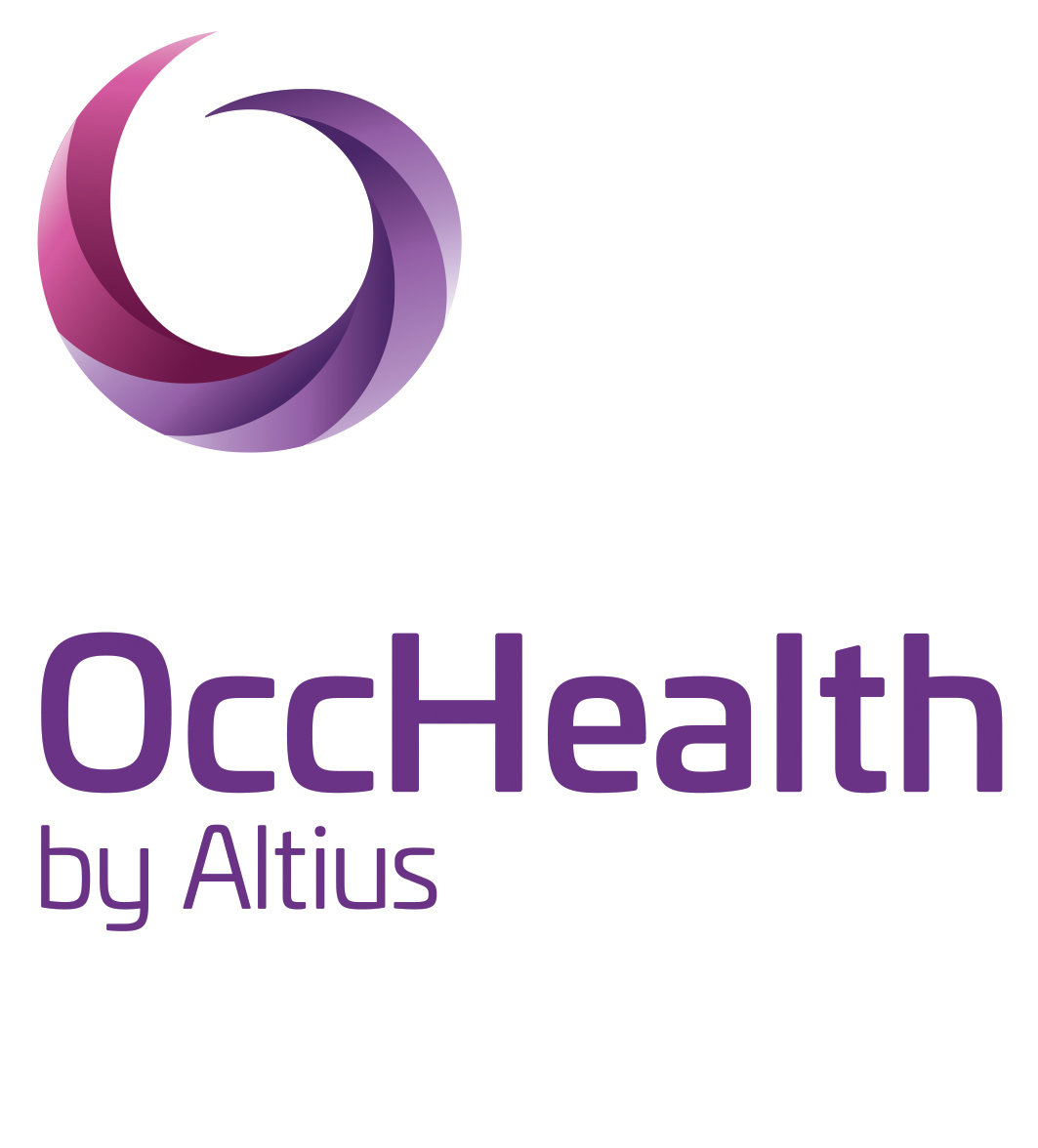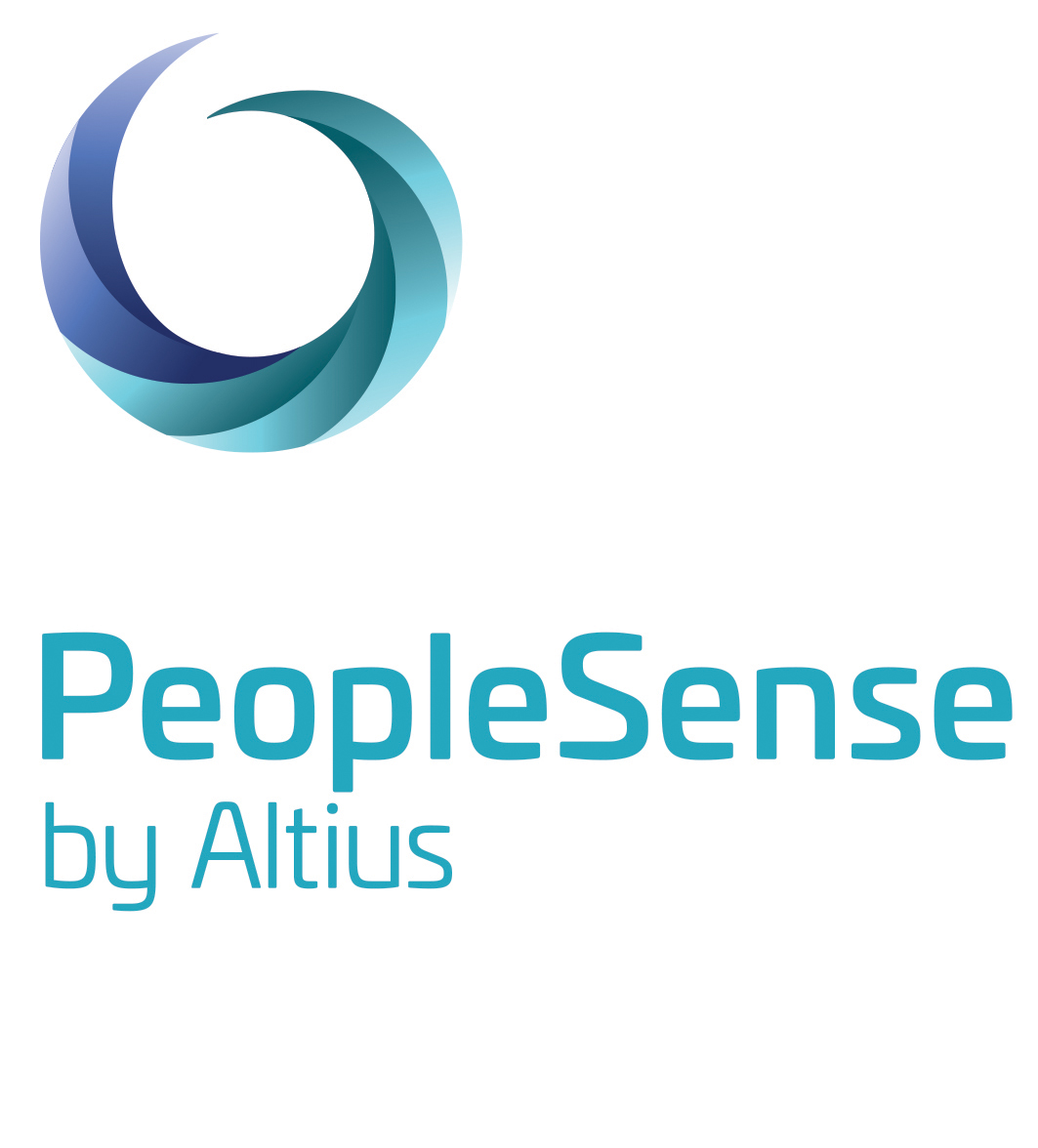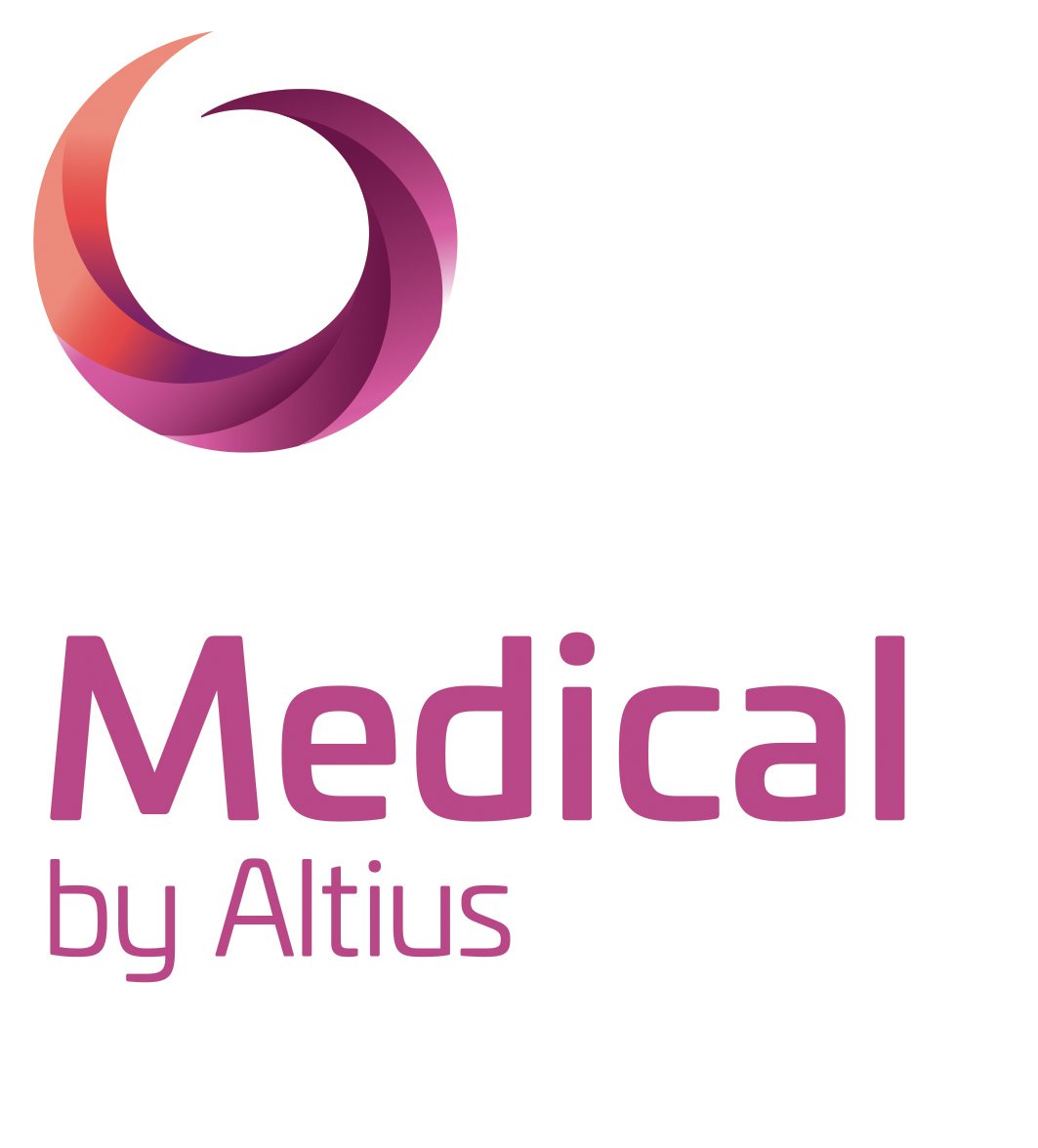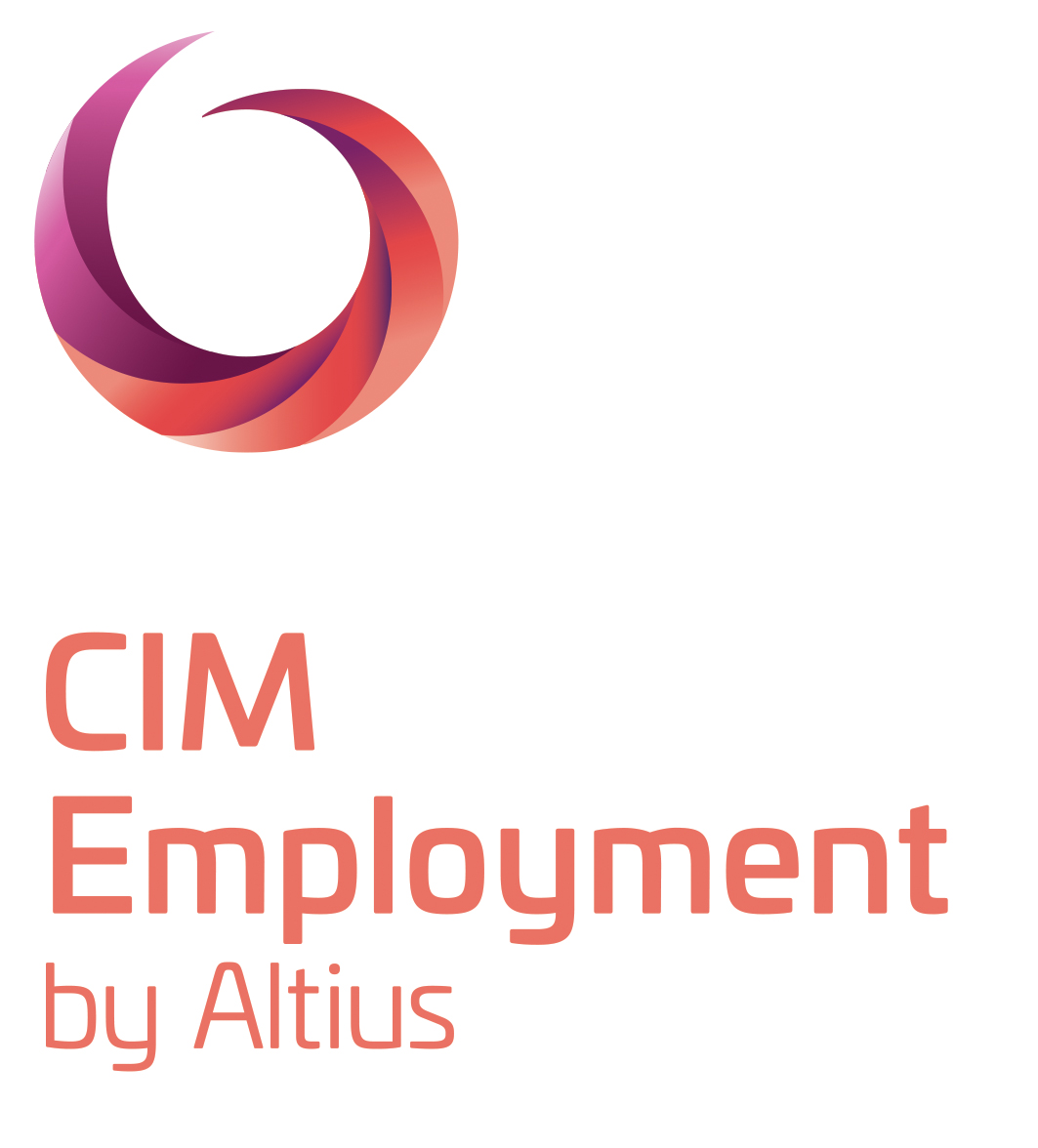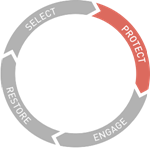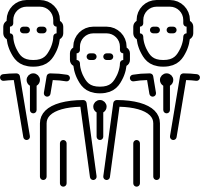Critical Incident Response
This is the phone number for a critical incident response only and goes direct to PeopleSense by Altius.
For Altius Group general enquires, please contact us or call us at 1800 258 487 during business hours.
If you would like to proceed with this call, please click on the button below.
Our people first protect process
We’re all about helping you to champion a positive health and safety culture within your organisation, helping you understand compliance obligations and put them into practice. Our team of medical and allied health professionals provide customised workplace education and prevention programs, offering total solutions to health challenges specific to your workplace and empowering employees to take responsibility of their own workplace health, safety and wellbeing.
Protect Services
Our registered, clinical psychologists deliver tailored Employee Assistance Programs (EAPs) for organisations, enabling them to offer their employees, and eligible family members, access to free confidential and professional psychological support for personal or work-related issues. Our approach is friendly, caring and focused on providing practical solutions.
As one of the highest insurance costs for a business can be workers compensation, we work with organisations to customise services to strategically reduce and manage the operational and commercial impact of workplace incidents. Since 2001, Altius Group has been at the forefront of the injury management industry delivering outcomes above scheme standards.
We help to promote employee wellbeing, increase efficiency, decrease the risk of injuries, reduce claims and boost productivity all by empowering employees to adopt an ergonomic ethos for the long term. Our assessments ensure workstation ergonomics create an optimal match between employees, their work and the equipment they use.
PeopleSense by Altius has designed Fitness for Work (FFW) Assessments to assist employers to assess an employee’s psychological fitness for work. The assessments also provide guidance for employers in relation to the management of employees and how best to facilitate a client’s return to work following psychological or psychiatric intervention.
Our tailored Home Office Assessments ensure those working remotely benefit from good ergonomics - promoting employee wellbeing and efficiency, decreasing risk of injury and limiting issues arising from poor ergonomics such as headache and fatigue, concentration difficulties, negative postural changes and poor tolerance to workload.
A thorough Job Task Analysis is the cornerstone to a range of workplace injury prevention and management strategies, providing critical information for recruitment, performance management, rehabilitation and vocational redirection. Our tools cover task performance, functional requirements of a role, specific training opportunities and pre-employment screening.
Workplace managers and supervisors gain access to our clinical and organisationally-trained psychologists for support dealing with the mental health, resilience and wellbeing of their employees. Our MAP provides vital support for issues ranging from managing difficult behaviours, performance and stress management to organisational change and redundancy support.
With over a third of workplace injuries associated with manual tasks, we guide employees through best practice for lifting, carrying, pushing, pulling or holding a load, object or person. To ensure our education helps to protect an employee’s fitness for work we tailor training to cover duties specific to each workplace.
The Safety System is the framework for an organisation to manage its work health and safety. We provide gap analysis and implementation plans to enhance existing systems or assist organisations to develop a system from the beginning. Our safety systems ensure legislative compliance and provide a safer environment for employees.
Workplace ergonomics training helps employees create a better match between themselves, the work they perform and the equipment they use – promoting workplace health, minimising the risk of injuries common to office workers, boosting productivity and morale and decreasing staff turnover and absenteeism.
Employers increasingly recognise the risk associated with poor employee health and wellbeing. At Altius Group we work with you to provide solutions with purpose and impact. Our evidence based, customised wellness programs take a holistic approach to key areas of physical, mental and social health.
FAQ Test
- How is The Mind Movement Program delivered?
- What is meant by a biopsychosocial model?
- What treatments may my Psychologist use / what can I expect from a Mind Movement session?
- Why is a multi-disciplinary approach effective for high level of risk or comorbid injuries?
- How Does the Mind Movement provide support following Motor Vehicle Accidents and with other complex claims?
- How does an individual get started?
- How does it work?
- What Happens at the end of the Program?
How is The Mind Movement Program delivered?
Mind Movement is delivered through eight sessions with a psychologist via face to face appointments at one of our offices (we have offices nationally) or via Telehealth. When combined with Exercise Physiology, RAWI aims to commence within the initial phases of the program.
What is meant by a biopsychosocial model?
The biopsychosocial model aims to account for the countless reasons a person could be geared towards a poor prognosis or be in the picture of good health. The model assists with accounting for the role of attitudes and beliefs and factors outside of the injury alone and looks at all the factors which can account for the total impact of an injury on a person’s life.
These include biological differences, in pre-morbid health and function, immune response, stress reactivity and even medication side effects, along with other social factors, including family support, education, cultural beliefs and individual preferences which all play a role in an individual’s experience of injury and recovery.
What treatments may my Psychologist use / what can I expect from a Mind Movement session?
All therapy will be applied using a collaborative and strategic approach. Depending on the individual, a tailored Mind Movement Program may include such psychological treatment therapies as:
- Cognitive Behavioural Therapy (CBT): The first and gold standard treatment approach for a range of psychological conditions and personal problems.
- CBT supports the person to modify unhelpful thinking patterns and behaviours which perpetuate distress, assisting them to overcome challenging emotions, thoughts and behaviours.
- Trauma Focussed Cognitive Behavioral Therapy (TF-CBT): An evidence-based treatment model designed to support individuals or families to overcome the negative effects of a traumatic experience. This evidence-based method has been proven effective for treatment after multiple traumas or a single traumatic event.
- Eye Movement Desensitisation and Reprocessing (EMDR): EMDR facilitates the accessing and processing of traumatic memories and other adverse life experience to bring these to an adaptive resolution. Repeated studies show that by using EMDR therapy people can experience the benefits of psychotherapy that once took years to make a difference.
- Acceptance and Commitment Therapy (ACT): This approach has been shown to be effective for chronic pain and assisting clients create a rich and meaningful life.
- Family Inclusion Therapy: This Family Inclusion Therapy adjunct, aims to enhance relationships, by working through the challenges posed on relationships and the family following an injury.
Why is a multi-disciplinary approach effective for high level of risk or comorbid injuries?
- Exercise is just as effective as antidepressants in treating mild to moderate depression.
- Physical activity can moderate PTSD symptoms (where PTSD and chronic pain co-occur)
- Supervised physical activity is more effective than exercise alone as a conjoint to therapy in improving depression and anxiety symptoms.
- One hour of exercise per week can prevent depression.
- Physical activity/exercise is regarded as an important self-management strategy for individuals with mental illness.
- Treatment alignment and consistent health messages has a positive effect on the individual and treatment outcomes.
How Does the Mind Movement provide support following Motor Vehicle Accidents and with other complex claims?
Some people experience a more complicated recovery from a Motor Vehicle Accident due to a range of biopsychosocial variables – which can prolong or prevent recovery. Factors such as complex legal processes, attribution of fault and a sense of injustice for victims can complicate recovery – there can be reduced participation in work, family and community.
It is estimated that the risk of Acute Stress Disorder (ASD) following a Motor Vehicle Accident is approx. 13-25%, with other estimates indicating for serious accidents – up to one third continue to suffer PTSD at one-year post injury and up to half experience depression at six months post injury.
Acquiring an injury via a traumatic method can increase the risk of developing comorbid PTSD and Chronic Pain. Unfortunately, when both conditions exist, they can be mutually reinforcing. Both conditions have been conceptualised under similar frameworks and can be treated. Ideally, those who are at risk of comorbid conditions are best screened and treated early.
How does an individual get started?
The injured person needs to obtain a referral from their General Practitioner for the program which can be funded through Workers Compensation and Motor Vehicle Insurance Schemes. The program can also be attended privately or part-funded under a Mental health care plan.
How does it work?
The program starts with an initial consultation and assessment with the client’s Mind Movement psychologist, who aims to identify key challenges within their recovery and treatment. A treatment plan is then collaboratively set with the client and their other treating parties.
What Happens at the end of the Program?
Before the program is finalised, the Mind Movement psychologist will review with the client strategies for self-management and maintenance.




